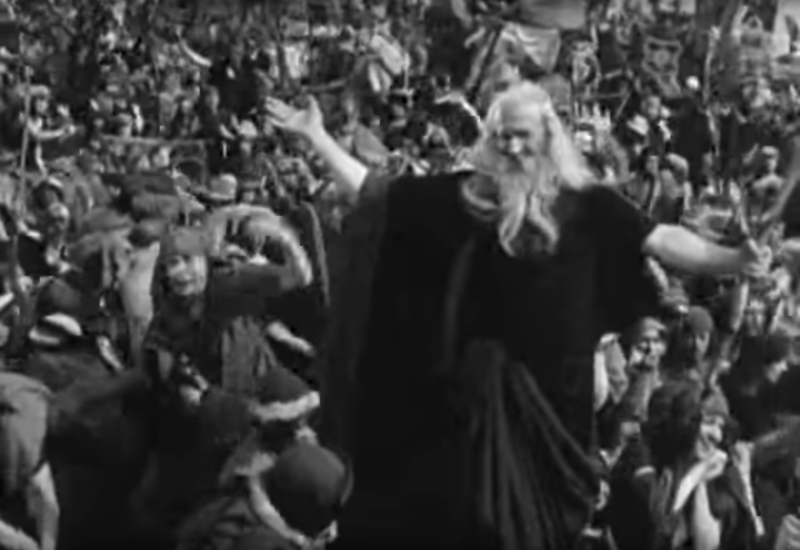Sometimes nicknamed the "Mickey Mouse Protection Act" (after the cartoon mouse with famously fractious copyright history) or "Sonny Bono Act" (in honor of the songwriter-turned-congressman who pushed for it), the act lengthened the term of copyright on artworks from 75 to 95 years.
So, while works that came out in 1922 entered the public domain decades ago under the old laws, it's taken 21 years for works created the following year to become available.
"The legislation in 1998 was a disaster for the public interest, locking up culture for 20 years," said Daniel Nazer, an attorney with the Electronic Frontier Foundation, the San Francisco-based digital rights nonprofit. "The fact that things are now available to the public means they're easier to preserve, distribute and produce derivative works."
Not everyone is happy that the two-decade copyright freeze is coming to an end.
"There is definitely a feeling among some authors of, 'It's mine, and I should have the right to give it to my children, grandchildren and great-grandchildren,' " said Mary Rasenberger, executive director of the Authors Guild, a national support organization for writers. "'Why are my creative works treated any differently than some finance person's money, that they're allowed to put in trust and descend down generations until it runs out?'"
Rasenberger said some Authors Guild writers have taken to online forums to complain about the copyright expiration. Yet, she added, the guild actually supports U.S. copyright laws.
"And the reason for that is that American culture exists only because of the creative works of writers and other creators," Rasenberger said. "So that culture, while it emanates from the author, also becomes part of our culture. And there does come a time when those creative works belong to the public as much as they do to the authors' heirs."
Research has shown that the vast majority of artworks produced more than 50 years ago make very little money.
"Maybe only 1 or 2 percent of works are even commercially valuable," said Jennifer Jenkins, director of the Center for the Study of the Public Domain at the Duke University School of the Law. Her department has documented thousands of the newly available works from 1923.
"Clearly that means that for the other 98 or 99 percent of works, no one was benefiting from the term extension."
Jenkins said entry into the public domain will likely be of greater benefit to the previous copyright holders — usually corporations or heirs — than holding on to those rights.
"Much of the work has been out of print and out of circulation. In many cases, we can only identify or find the copyright owners once the works go into the public domain," Jenkins said. "People will now be allowed to rediscover them and rescue them from obscurity."

